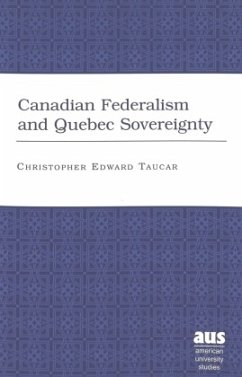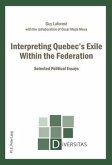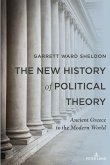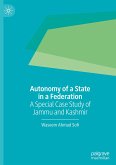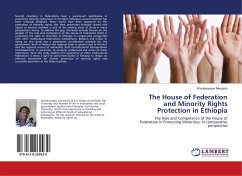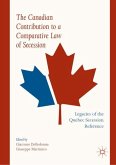In this comprehensive book on Canadian federalism, the author thoroughly examines the Quebec sovereignty issue in order to determine whether or not reasonable and substantial grounds exist justifying Quebec sovereignty in the context of contemporary Canada. As a result, this book examines the successive layers that constitute Canadian federalism to unravel its nature, essence and the successes of its functioning, or the lack thereof, particularly with respect to Quebec. Ultimately, no matter how the federation is portrayed, if it has worked and continues to work well to achieve the most basic needs and interests of Quebecers, there leaves little if anything in support of secession. The fundamental success of the Canadian federation is the all-important lesson of this book.
«This book contains a comprehensive overview of Canadian federalism; it provides very informative insights into the constitutional dilemmas facing Canada, especially with respect to relations between Quebec, the federal government, and the rest of Canada - and the threat of Quebec opting for sovereignty.» (Daniel A. Soberman, Professor Emeritus of Law, Queen's University, Ontario, Canada)

